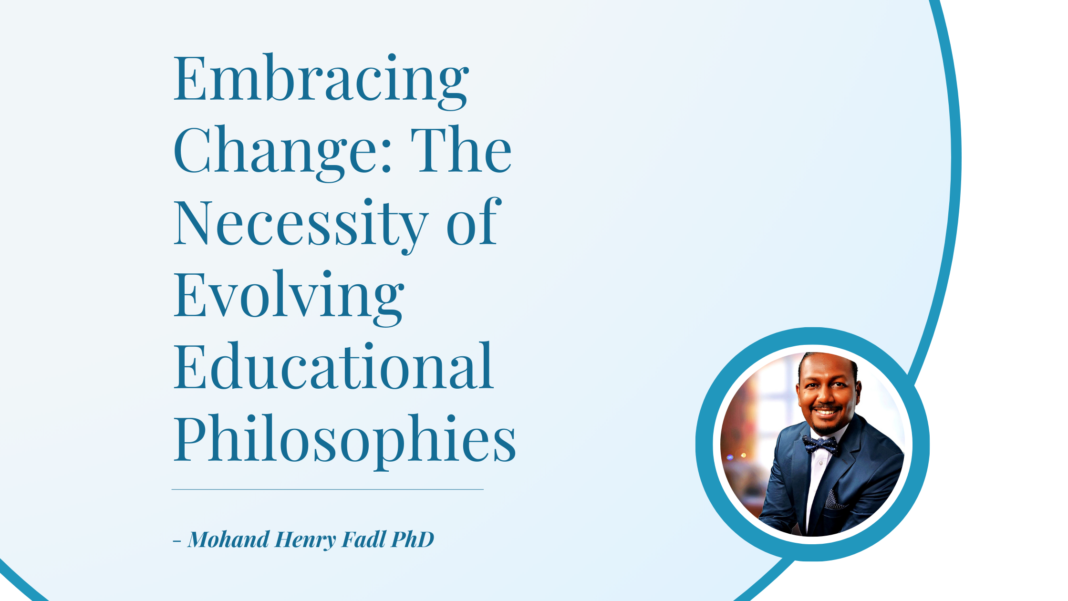According to a story, during World War II, the Americans confined scientists from Germany to a university and placed a general in charge of them. Their task was to make an atomic bomb. Every day, the general would go and check what the scientists were doing. He saw that they were all working with chalk on the blackboard or with paper and pencil in their hands. No one was saying, “Let’s conduct an experiment.” After three months, the general lost his temper. He asked, “We are losing the war, when are we going to conduct an experiment?”
The scientists responded, “With the information we have today, the weapon we can make is not enough to win the war. If we want to make a new weapon that can win the war, we first need new information.”
This story highlights a critical point about the importance of constantly updating our knowledge and methodologies. Just as the scientists needed new information to create a more powerful weapon, our educational philosophies need continuous updates to stay relevant and effective. The world is evolving rapidly, and the strategies that worked in the past may not be sufficient to address the challenges of today or tomorrow. Therefore, it’s essential to embrace new ideas, technologies and approaches in education to ensure that students are equipped with the skills and knowledge they need to succeed in an ever-changing world.

Henry Fadl PhD (Mr Concord)
AuthorDr. Henry Fadl is an enthusiastic English language teacher dedicated to inspiring students through engaging activities and high-quality resources. He embraces modern techniques and collaboration to foster a love for the language. His visionary approach aims to make a lasting impact on learners in a globalized world.



















